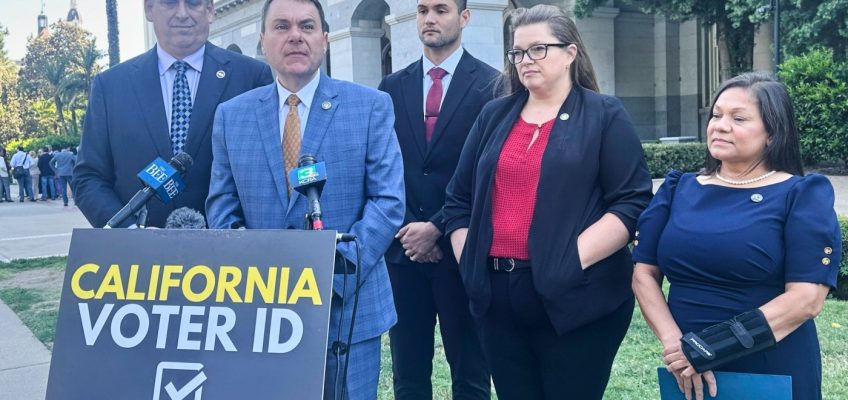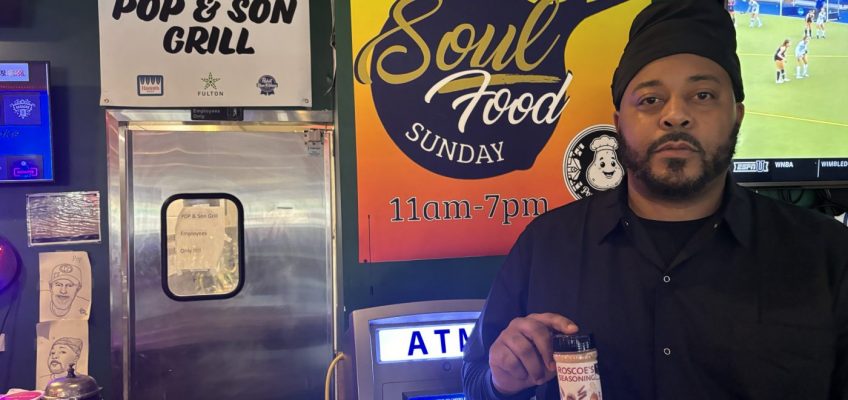By TRÂN NGUYỄN, Associated Press
SACRAMENTO, Calif. (AP) — Two California Republican state lawmakers launched a campaign Wednesday to place a measure on the 2026 ballot that would require voter identification and proof of citizenship at the polls.
The proposal would require the state to verify proof of citizenship when a person registers to vote, and voters would have to provide identifications at the polls. Those who vote through mail-in ballots would have to give the last four digits of a government-issued ID such as a Social Security number.
“We do not want to make it harder to vote. In fact, our initiative makes it easier to vote because it streamlines the process to verify someone’s identity,” Assemblymember Carl DeMaio, who’s leading the effort, said at a Wednesday news conference.
Related Articles
Trump says he’s ‘highly unlikely’ to fire Fed’s Powell after floating that idea in private
Trump’s bid to claw back $9B in foreign aid and public broadcasting funds nears Senate vote
Stay or go? For some transgender sailors and Marines, Trump’s ban leaves one option: ‘Come and find me’
A look inside a lab making the advanced fuel to power growing US nuclear energy ambitions
Jill Biden aide invokes Fifth to decline testimony in Republican investigation
The Republican lawmakers said the measure would help restore trust in elections where they said people have complained about outdated voter rolls and an inadequate signature review process, with some also casting doubt on election results.
While voting by noncitizens has occurred, research and reviews of state cases have shown it to be rare and typically a mistake rather than an intentional effort to sway an election. Voter fraud is also rare.
California is among 14 states and the District of Columbia that do not require voters to show some form of identification at the polls or to register to voter.
The California campaign came as congressional Republicans were working to advance their own legislation to overhaul the nation’s voting procedures at the urging of President Donald Trump. Across the country, lawmakers in 17 states have introduced legislation this year to require proof of citizenship for voters, according to National Conference of State legislatures.
Opponents argued that the requirements make it more difficult for people to vote, especially the elderly, those with disabilities and those without driver’s licenses. The NAACP and other civil rights groups have argued that it disproportionately harms Black and Latino voters. Democrats in the California Legislature, who hold supermajorities in both chambers, in April rejected a bill by DeMaio aiming to enact similar voting rule changes.
The statewide proposal also came as the state continued to challenge a local measure passed by voters in the city of Huntington Beach to require voter identification at the polls. The state last year sued the city over the new rule, and Gov. Gavin Newsom signed a law to prohibit local governments in California from establishing and enforcing laws that require residents provide identification to vote in elections.
Sen. Tony Strickland, who helped pass the Huntington Beach measure as a city councilmember last year, said he expects a similar fight from state Democrats over the issue.
“The courts would be on our side because we carefully drafted this initiative. It’s constitutional,” he said.




